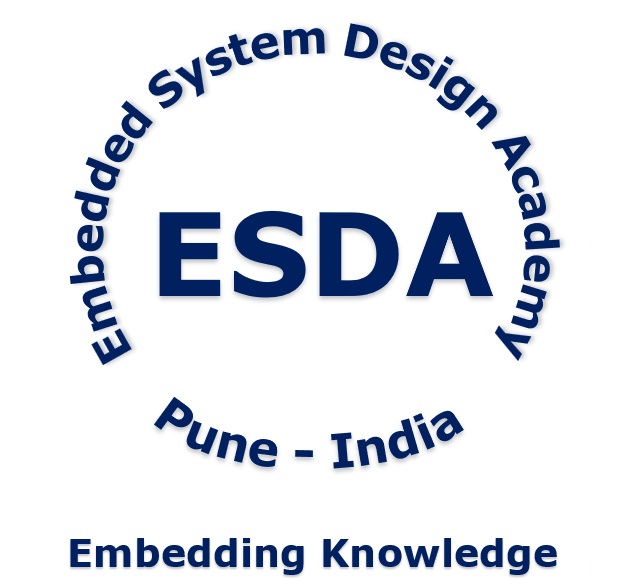Embedded System Design Academy-ESDA, offers following short term modular courses:
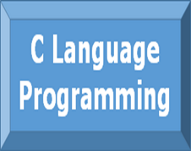
Course Name: C Language Programming
Course Fees: Please call us
Course Duration: 3 Weeks (every alternate day, 2 hours)
Course Content: Basic Data types, Operators, Conditional statements, Loops, Scope of variables, Memory map, Functions (call by value), Preprocessor & typedef & enum, Arrays, Pointers, String operations, Structure, Union, File operations, Command line arguments, Sort and search, Stack, Queue, Link list.
I am interested in this course
Click on this link to communicate with us using Google forms.
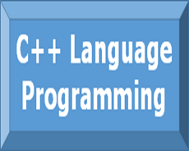
Course Name: C++ language programming
Course Fees: Please call us
Course Duration: 5 Weeks (every alternate day, 2 hours)
Course Content: Object-Oriented Programming in C++ (OOP)
Fundamentals of object-oriented programming,
Data abstraction, Encapsulation, Inheritance, Dynamic binding, Polymorphism, Stream, Namespaces, Data types, operators, Control structures, Default arguments, References, Function overloading, Function Overriding, Structure, Class and objects, Virtual function, Virtual class, exceptions, templates etc.
I am interested in this course
Click on this link to communicate with us using Google forms.
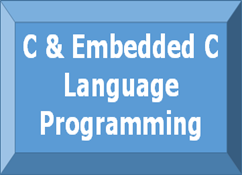
Course Name: C & Embedded C language with Microcontroller architecture and programming.
Course Fees: Please call us
Course Duration: 5 Weeks (every alternate day, 2 hours)
Course Content: Basic Data types, Operators, Conditional statements, Loops, Scope of variables, Memory map, Functions(call by value), Preprocessor & typedef & enum, Arrays, Pointers, String operations, Structure, Union, File operations, Command line arguments, Sort and search, Stack, Queue, Link list.
Embedded C programming (for either ARM 7TDMI core & Cortex M3 core or PIC16/PIC18 micro-controller or 8051 micro-controller) for interfaces like Timer, LCD, Serial communication, ADC along with Hardware theory sessions
I am interested in this course
Click on the link to communicate with us using Google forms.
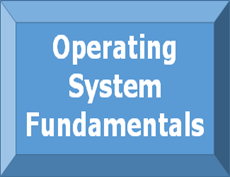
Course Name: Operating System Fundamentals with practical examples
Course Fees: Please call us
Prerequisites: C language proficiency
Course Duration: 2 Weeks (every alternate day, 2 hours)
Course Content: Operating System basics, Process Management, Threading, Scheduling, Synchronization, Concurrency, Deadlocks, Memory management
I am interested in this course
Click on the link to communicate with us using Google forms.
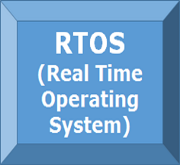
Course Name: RTOS (Real Time Operating System)
Course Fees: Please call us
Prerequisites: Embedded C and controller architecture
Course Duration: 1 Week (every day, 2 hours)
Course Content: RTOS concepts, Simulation and porting RTOS on PIC devices 8 bit Microcontroller
Students who are aware of Operating System basics, Process Management, Threading, Scheduling, Synchronization, Concurrency, Deadlocks, Memory management should do this course.
100% Hands-on practical training using standard kits.
I am interested in this course
Click on the link to communicate with us using Google forms.

Course Name: Protocol based micro-controller programming
Course Fees: Please call us
Prerequisites: C Language programming, Embedded C programming, knowledge of micro-controller architecture (RISC/CISC)
Course Duration: 1 Week per protocol (every day, 2 hours)
Protocols: CAN, I²C, SPI, MODBUS, RS-232
Course Content: Theoretical understanding of the protocol, Introduction to different devices, practically programming protocol based devices.
I am interested in this course
Click on the link to communicate with us using Google forms.
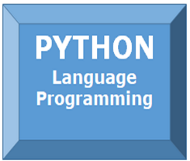
Course Name: Python Language Programming
Course Fees: Please call us
Course Duration: 5 Weeks (every alternate day, 2 hours)
Course Content: Python Overview, Python Environment, Python Basic Syntax, Python Variable Types, Python Basic Operators, Python Decision, Python Loops, Python Numbers, Python Strings, Python Lists, Python Tuples, Python Dictionary, Python Date and Time, Python Functions, Python Modules, Python Files I/O, Python Exceptions
I am interested in this course
Click on the link to communicate with us using Google forms.
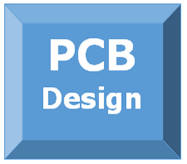
Course Name: PCB Design
Prerequisites: Basic knowledge of Electronics
Course Fees: Please call us
Course Duration: 1 Week (every day, 2 hours)
Course Content: PCB Simulation, PCB Schematic, Footprint Creation, PCB Layout, Gerber file generation.
I am interested in this course
Click on the link to communicate with us using Google forms.

Course Name: Introduction to wireless protocols in IoT (Internet of Things), Wi-Fi and GSM modules.
Prerequisites: C Language programming, Embedded C programming, knowledge of micro-controller architecture (RISC/CISC). Understanding of serial communication protocol (RS-232) will be an advantage.
Course Fees: Please call us
Course Duration: 1 Week per module (every day, 1 hour)
Protocols: Zigbee, Bluetooth
Modules: GSM and Wi-Fi
Course Content: Introduction to IoT, theoretical understanding of the protocol, introduction to different devices like GSM module, Wi-Fi modules and practically programming protocol based devices.
Introduction to other protocols like Ethernet will be launched after some time.
I am interested in this course
Click on this link to communicate with us using Google forms.
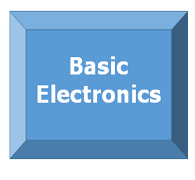
Course Name: Certificate course in Basic Electronics for beginners
Who should do this course ? Students of electronics, will find this course very useful. Electrical engineering enthusiasts can gain valuable knowledge to enhance their skills.
Course Fees: Please call us
Course Duration: 3 Weeks (every day, 1 hour)
Course Content:
[1] Introduction to electronic components, wires, cables, connectors etc.
[2] Diode,
[3] Resistor,
[4] Transistor,
[5] Capacitor,
[6] Inductor,
[7] FET, MOSFET,
[8] Regulator chip LM 7805
[6] AC to DC and DC to AC
[7] 5 V DC Power Supply construction
[8] Testing of components using multi-meter
[9] Breadboard and its use
Students learn to build their own electronic circuit using breadboard. Learn to test voltage, current, resistance using multi-meter.
I am interested in this course
Click on the link to communicate with us using Google forms.
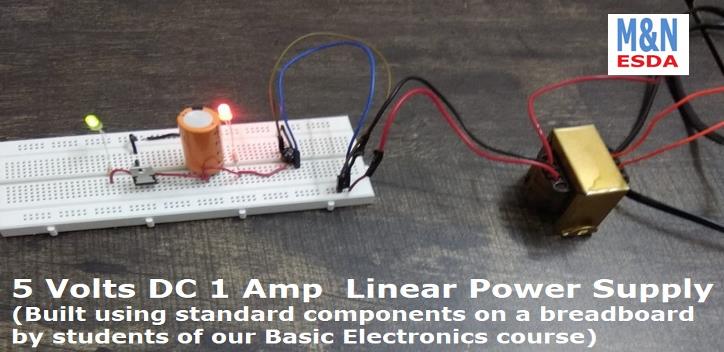
Our course “Certificate course in Basic Electronics for beginners” aims at making students confident in handling electronic components and designing & building of working electronic circuits !
We provide practical training aids for quick learning.
Do join to get skilled !
Copyright © : ESDA Email: info@esdapune.com
